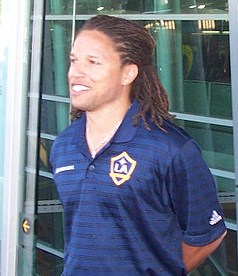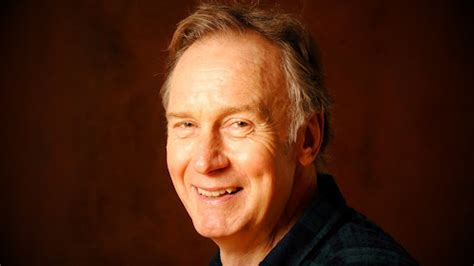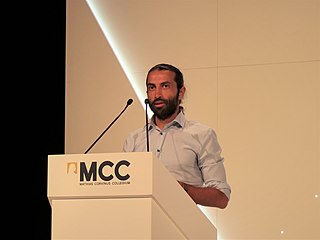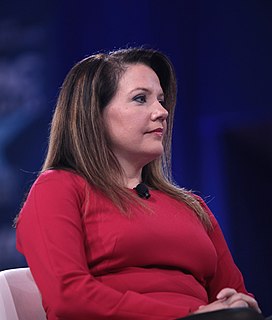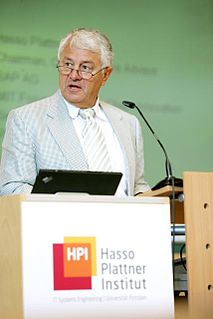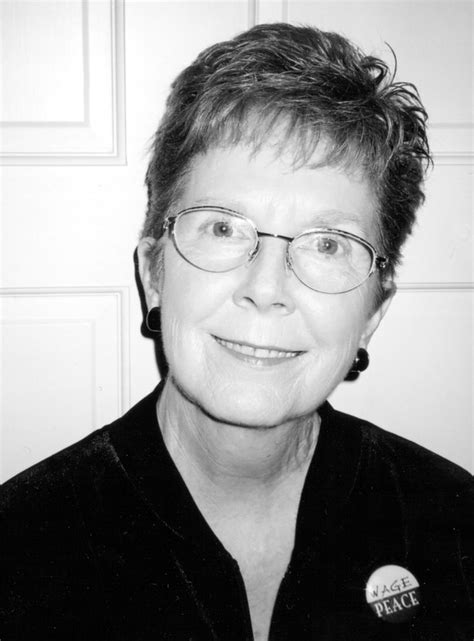A Quote by Robert A. Heinlein
To get anywhere, or even to live a long time, a man has to guess, and guess right, over and over again, without enough data for a logical answer.
Related Quotes
I call 'em complaining machines. Things are never right with a guy to them. And man, when you throw that hysteria in there ... forget it. I gotta get out, get in the car, and go. Anywhere. Get a cup of coffee somewhere. Anywhere. Anything but another woman. I guess they're just built different, right?
Usually I'll drive to certain locations over and over again, over a course of months really. And then it might just be I hit it at the right time, and the right light. And then I might go to that location over and over again, and then what happens in that lag time where - the image sort of locks in - all of a sudden I see it in my mind's eye.
I asked myself what Palestinians would do if Israel disappeared-if everything not only went back to the way it was before 1948 but if all the Jewish people abandoned the Holy Land and were scattered again. And for the first time, I knew the answer. We would still fight. Over nothing. Over a girl without a head scarf. Over who was toughest and most important. Over who would make the rules and who would get the best seat.
To be a scientist you have to be willing to live with uncertainty for a long time. Research scientists begin with a question and they take a decade or two to find an answer. Then the answer they get may not even answer the question they thought it would. You have to have a supple enough mind to be open to the possibility that the answer sometimes precedes the question itself.
I feel like the older I get, the more I start to think about life in general. All the clichés that people tell you, the ones that you hear over and over and over again, there's a reason they're cliché, there's a reason you hear them over and over again, because it's all true. As much as you don't wanna hear it, it's true. You'll find out later on, like "Man, they're all right."
I guess it must be a time-of-life thing, looking back and trying to make some sense of who I am and where I've been. It's a weird thing, having to give an account of yourself, to try to make sense of yourself for yourself. I'm not that old, but I have been writing fiction professionally for a long time now. I started so young and went so hard for so long. And I guess it was about feeling I had the space to look over my shoulder.
Why does anyone lie? 'Cause we're scared or crazy, maybe just because we're mean. I guess there's a million reason to lie, and I might've told that many...but none like that. I guess there's always that one lie we never get over. What? Oh, maybe you don't know about it yet. Maybe you never tell a lie so big it can eat away a part of you. But if you ever do...and if you get lucky...you might a chance to set it right. Just one chance to change it. Then it's gone. And it never comes back again.
It's not enough to have a few women's studies courses. Why is it more important to study Paul Revere's midnight ride than it is Susan B. Anthony's 50-year effort to transform the face of America for women? When you're in school, most of the events you study are about men. Men's activities lauded and repeated over and over. What about us? What about commemorating the decades-long struggle for suffrage? Why don't we hear those stories over and over and over again. It's almost inconceivable for men to understand what it would be like to live without that constant valorization.


